The Buncombe County Association of Educators delivered a three-pronged request to the Buncombe County Board of Education at its April 11 meeting that had the support of nearly 1,200 teachers and more than 100 community allies.
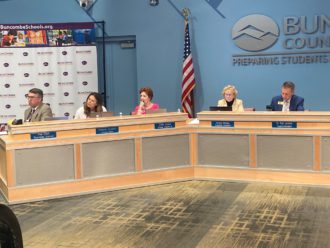

The Buncombe County Association of Educators delivered a three-pronged request to the Buncombe County Board of Education at its April 11 meeting that had the support of nearly 1,200 teachers and more than 100 community allies.

Until recently, local school districts had largely avoided the national wave of book bans. Despite some activists making noise in local school board meetings last summer, there had been no formal requests to remove books from school libraries in Asheville City or Buncombe County schools. But by November, 20 books had been challenged by a group of parents at Enka High School.
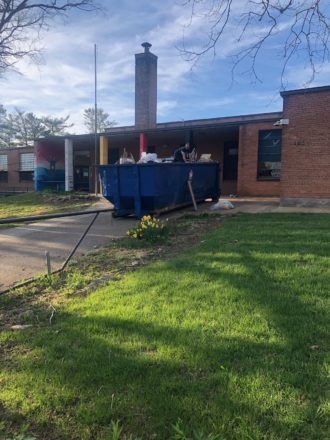
The biggest sting seemed to be the timing: The dumpster in front the former Asheville Primary School arrived one day after the Asheville City Board of Education board voted to close Montford North Star Academy.

In the past three decades, the traditional media business model fell apart as the internet took most of its advertising and people began getting their news through ever-splintered social media.
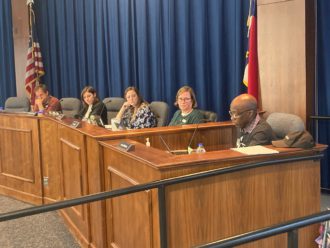
Anger, fear and tears came spilling out of a tense Asheville City Board of Education meeting March 11 after the school board voted 5-2 to close Montford North Star Academy and send its students to Asheville Middle School next school year. Board members Liza Kelly and James Carter dissented.
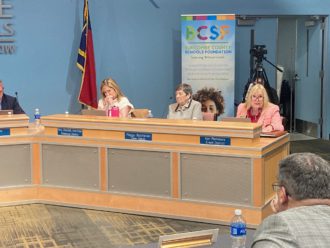
One month after banning a book from all district high schools, the Buncombe County Board of Education unanimously agreed at its March 7 meeting to keep nine others available to students at Enka High School.
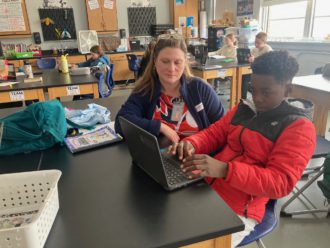
Parents are decrying a proposal that Superintendent Maggie Fehrman says could help the district address a projected $4.5 million budget shortfall next school year — merge its two middle schools. Fehrman estimated the merger would save the district $1.8 million to $2.3 million per year.
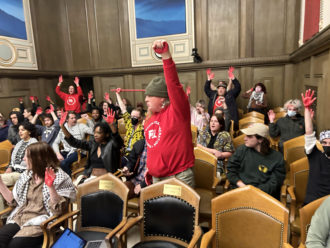
Following an extended chant by pro-Palestinian protestors, Council cut public comment short and went into closed session to discuss legal matters in another room.
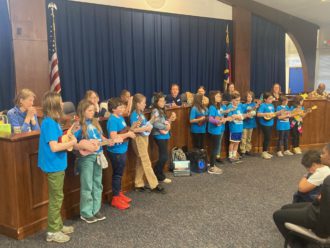
The Asheville City Board of Education voted unanimously Feb. 12 to make 2% supplement increases permanent, despite a projected $4.5 million budget shortfall in 2024-25.

At its Feb. 8 meeting, the Buncombe County Board of Education voted unanimously to remove author Ellen Hopkins’ fictional 2009 book, Tricks. Three other books under consideration — Hopkins’ Perfect, Patricia McCormick’s Sold and Sarah Gruen’s Water for Elephants — remain on county high school library shelves, based on recommendations from the Buncombe County Schools’ Media and Technology Advisory Committee.
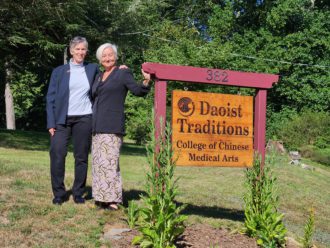
“Chinese medicine is a lifelong learning process,” says Mary Cissy Majebé , co-founder of Daoist Traditions College of Chinese Medical Arts. The school is currently celebrating its 20-year anniversary.
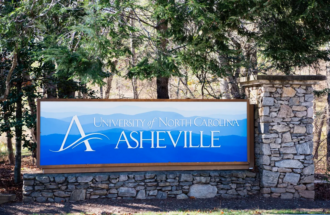
“We need to get our house in order financially” Chancellor Kimberly van Noort said, and promised to “look at the entire university enterprise” including academic offerings. “Possible academic program curtailment is not off the table.”

Baileigh Sinaman-Daniel was born without a right arm. But that hasn’t stopped her from earning a spot on Warren Wilson’s women’s basketball team.

As the demand for public health careers rises, future public health practitioners share the field’s diverse employment opportunities and how to address the mistrust of governmental institutions and the medical industry spurred by the pandemic.
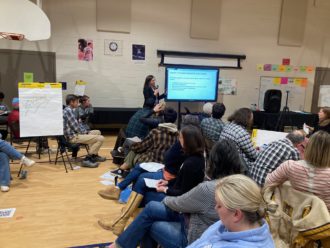
Asheville City Schools announced in November that the district may have to co-locate or merge its two middle schools, reminding some of the controversial closure of Asheville Primary School in 2021.
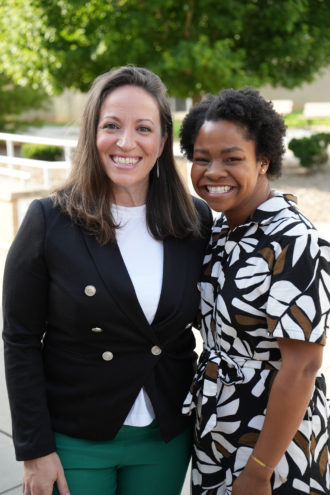
After refocusing its mission on closing Asheville’s racial opportunity gap, Read To Succeed has seen tremendous growth in recent years with the help of new co-executive director Ashley Allen, a veteran teacher from Asheville City Schools.
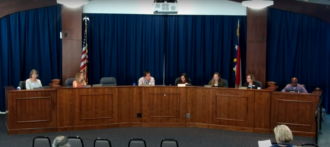
The Asheville City Board of Education continues to rewrite its policies in an effort to limit what board members say would be undue harm to LGBTQ+ students caused by the state Parents’ Bill of Rights law passed last year.
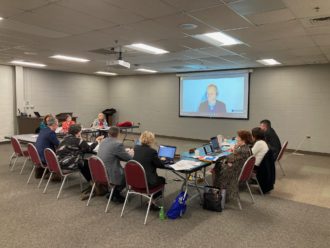
The Buncombe County Board of Education doesn’t particularly like any of its options for new voting maps, as required by a law the N.C. General Assembly passed last fall. As a result, several attendance zones might see up to 30% of its population reassigned to other districts.
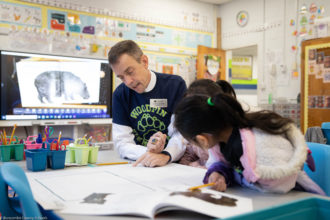
Xpress sits down with both district leaders to break down 2023’s challenges as well as their visions for the year ahead for local public schools.
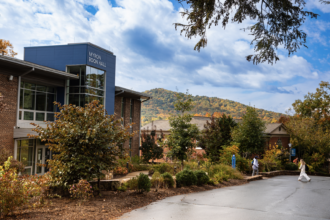
Warren Wilson Provost Jay Roberts calls the college’s shuffle of academic offerings, announced in October, a “rebalancing.” Alongside layoffs, frozen positions and increased fundraising, the changes will address financial woes wrought by flattening tuition revenue and increased expenses.
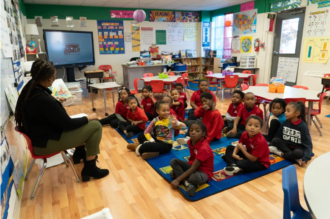
PEAK officials are adamant that all applicants for student and faculty positions are welcome, regardless of race, and that the school does not discriminate in any way.